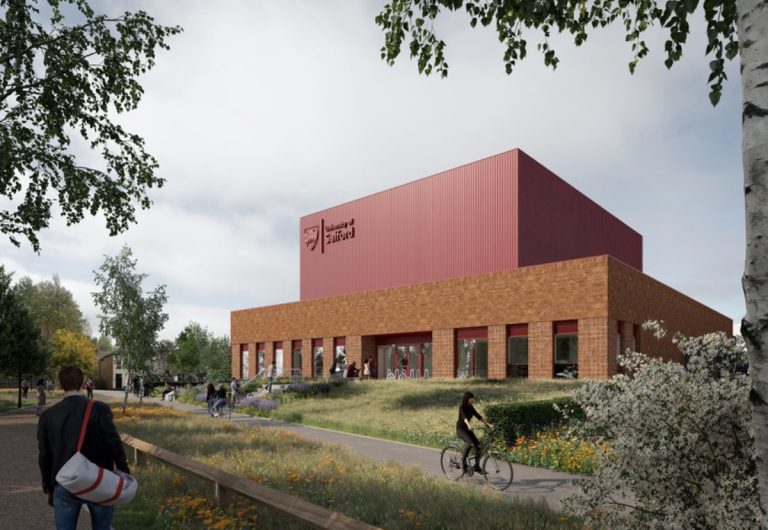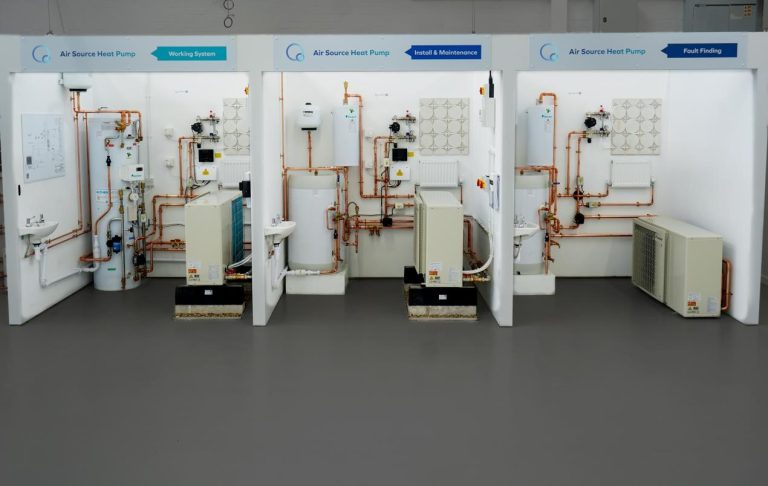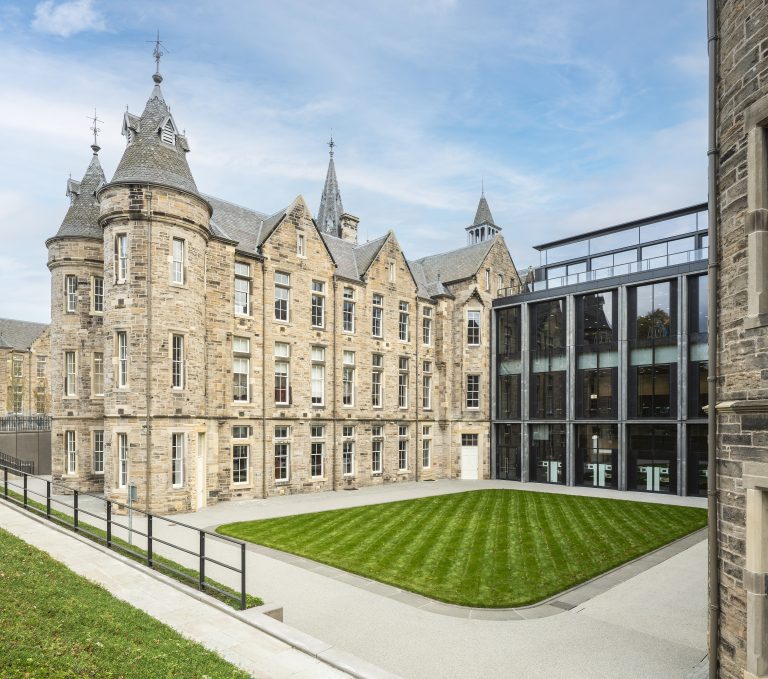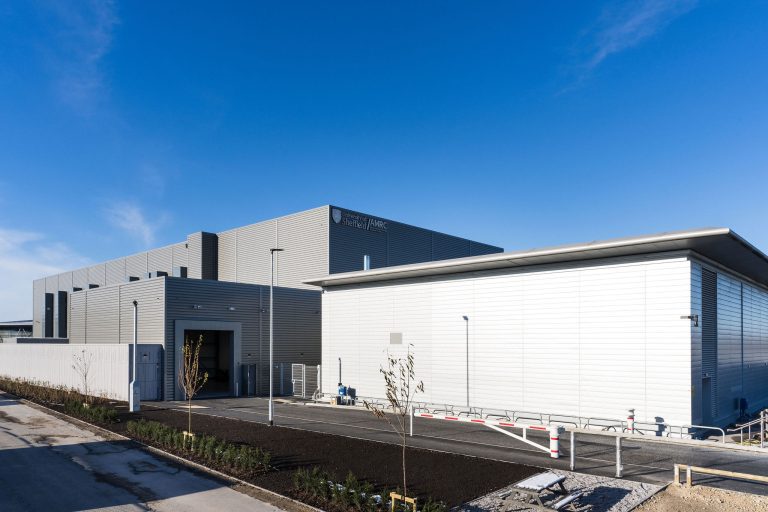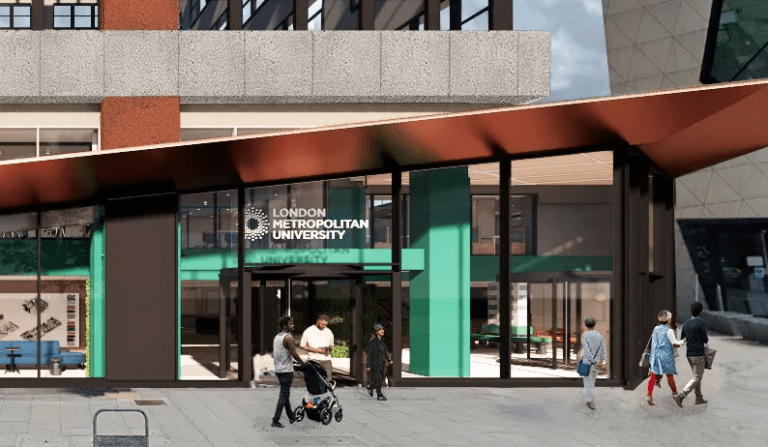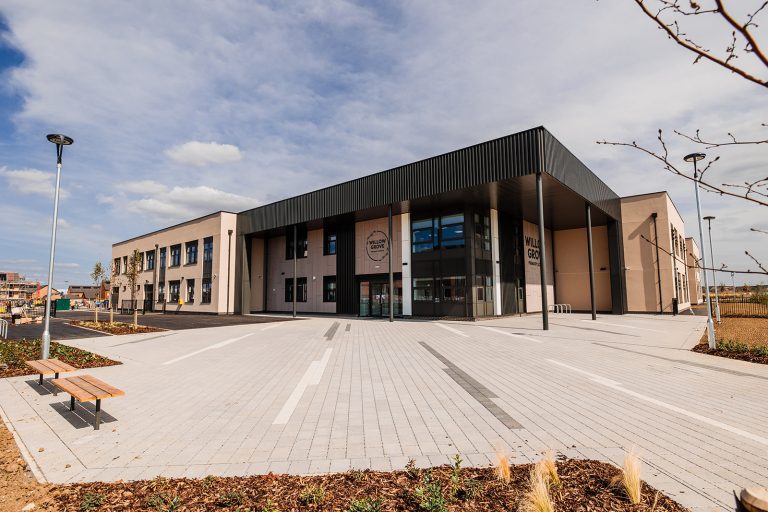ACCELERATING educational development, work on two new schools with an emphasis on sustainability has completed in Bedfordshire, delivering space for up to 1,740 pupils within a growing local community. The regional projects, Wixams Academy and Willow Grove Primary School, form part of an ambitious £100m schools development initiative within Bedford, which is being led by multi-disciplinary consultancy Pick Everard and Bedford Borough Council. Building on its opening in 2017, Wixams Academy, on Green Lane, has been extended to cater for an additional 900 students as part of a £34m project, with the creation of a three-storey teaching block, eight classroom modular block, all-weather sports pitch, and sports hall. Wixams Academy has also received a £250,000 grant from the England Cricket Board (ECB) to enhance its facilities per ECB standards and make the sport accessible to all pupils. The new enhancements include upgraded lighting, flooring, netting, and bowling machines. Meanwhile, Willow Grove Primary School, designed according to Department for Education (DfE) guidelines, is net zero carbon in operation and has space for 840 pupils across a 3.4-hectare site. Claire Peacock, senior project manager at Pick Everard, said: “This has been a fantastic project to be part of and a great opportunity to deliver more school spaces for young people in Bedford. “Wixams Academy in particular now has some industry-leading sports facilities, while Willow Grove Primary School is an exciting new space for younger children to take their early pathways into education. “We look forward to both environments becoming cornerstones of the Wixams community.” Sustainability was a key development objective for both schools, with designated cycle parking spaces and facilities encouraging green travel habits. More than 400 solar panels were installed on the roof of Willow Grove Primary School, helping generate its own renewable energy. Pick Everard, operating via Perfect Circle, was appointed by Bedford Borough Council under the SCAPE Consultancy framework and delivered project management, quantity surveying, NEC supervisor, and principal designer services on the two projects, working closely alongside principal contractor Willmott Dixon. Stewart Brundell, managing director at Willmott Dixon said: “We are proud to have continued our strong partnership of delivering high quality educational facilities with both Central Bedfordshire and Bedford Borough councils and our wider partners. “The completion of Willow Grove Primary School, alongside a new sports hall and teaching block at Wixams Academy, is a testament to our education expertise and collaboration. With Willow Grove Primary School delivered from start to finish in just 27 months, this incredible achievement highlights what a dedicated project team can accomplish.” Sean Conneely, director at Pick Everard, said: “These are exciting times in Bedford, which like most places across the country, is striving to meet the demands of an ever-growing population. “With modern and accessible teaching environments housed in a sustainable, high-quality build, both of these schools set the standard in creating lasting legacies in their communities. “It’s been a huge positive to see all this achieved within a short period of time, with families now able to benefit from new and expanded schools close to their homes.” Mayor of Bedford Borough, Tom Wootton, said: “Wixams is continuing to grow into a thriving community, with these new state-of-the-art facilities being an illustration of the bright future which awaits the young people who will grow up here. “Across Bedford Borough, we’re determined to invest in the future, build up and support our communities. Thank you to everyone who made this possible.” In addition to educational projects, the relationship between Pick Everard and Bedford Borough Council has also seen it undertake cross-sector operations in the region, with healthcare centres, heritage works, residential, and commercial projects among its portfolio, alongside the new railway station in Wixams. For more information on Pick Everard and the services it provides, visit: www.pickeverard.co.uk/ Building, Design & Construction Magazine | The Choice of Industry Professionals




